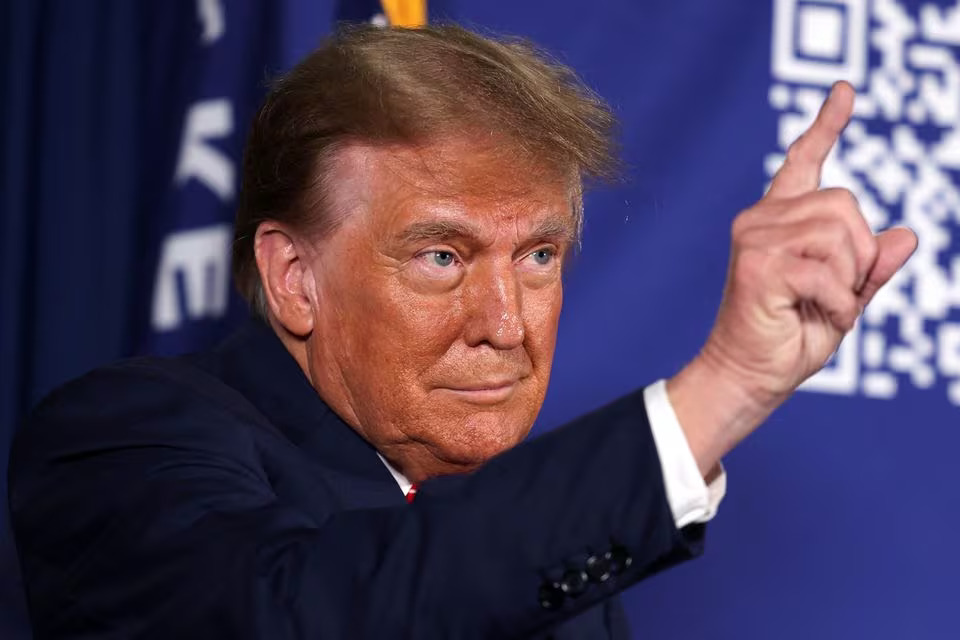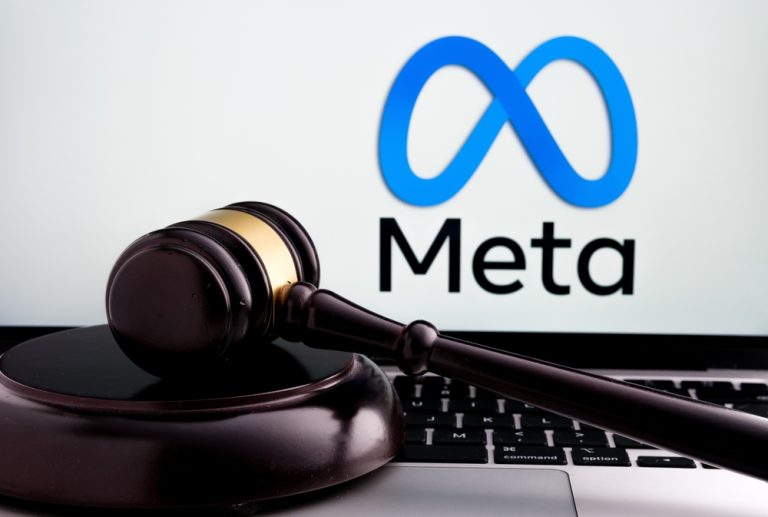Donald Trump’s latest legal maneuver takes him to the U.S. Supreme Court, where he will argue for reversal of a Colorado court decision that barred him from the state’s ballot due to his involvement in the January 6, 2021, Capitol insurrection. Trump’s central claim is familiar: as a former president, he is purportedly beyond the legal constraints applied to ordinary citizens. This assertion is part of a broader strategy Trump has employed across various legal battles, including four criminal cases and multiple civil litigations, where he has consistently claimed immunity or non-liability for his actions.
Michael Gerhardt, a constitutional law expert, criticized Trump’s stance, stating, “Trump appears obsessed with trying to place himself above the law. The theme throughout these claims is that he cannot be held liable at law for anything he has done. No president or former president has made such outlandish, self-serving claims.” This challenge comes as the Supreme Court, significantly shaped by Trump’s appointees, prepares to review the U.S. Constitution’s 14th Amendment application in disqualifying Trump from holding office due to insurrectionist activities.
Trump’s legal defences have been audacious, extending to claims that a president could, without legal repercussion, command extreme actions such as the assassination of a political rival unless impeached and convicted by Congress. These assertions have been met with skepticism and criticism from legal experts. They could challenge the Supreme Court to delineate the boundaries of presidential immunity, a concept historically acknowledged but never considered absolute.
Past precedents involving former Presidents Richard Nixon and Bill Clinton have clarified that while presidents enjoy absolute immunity from civil lawsuits related to their official acts, this protection does not extend to personal and unofficial conduct. Yet, Trump’s legal battles, ranging from federal criminal charges to defamation claims, push these boundaries further, suggesting a presidency insulated from conventional legal accountability.
Legal scholars and observers still need to be convinced of Trump’s success in convincing the Supreme Court of his immunity claims. However, the implications of a favourable ruling for Trump could be profound, signalling that presidents can act without regard to constitutional and legal limitations. As Brianne Gorod from the Constitutional Accountability Center warned, such an outcome would be “profoundly troubling,” hinting at a future where presidential powers could be unchecked by the legal and constitutional frameworks designed to balance them.























+ There are no comments
Add yours